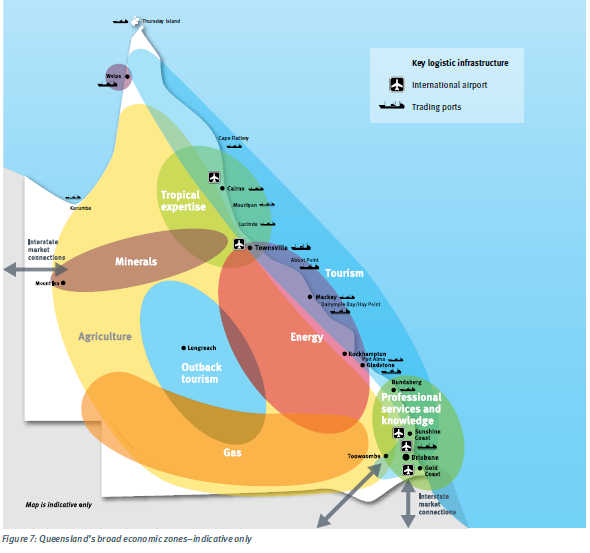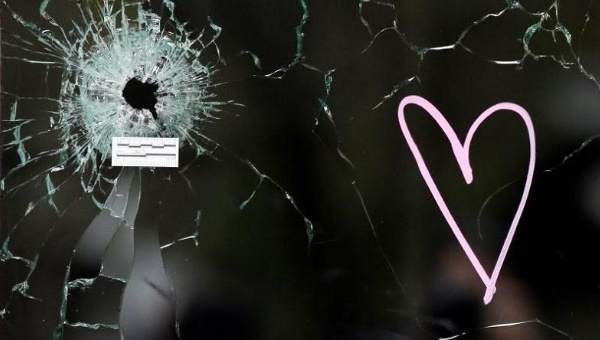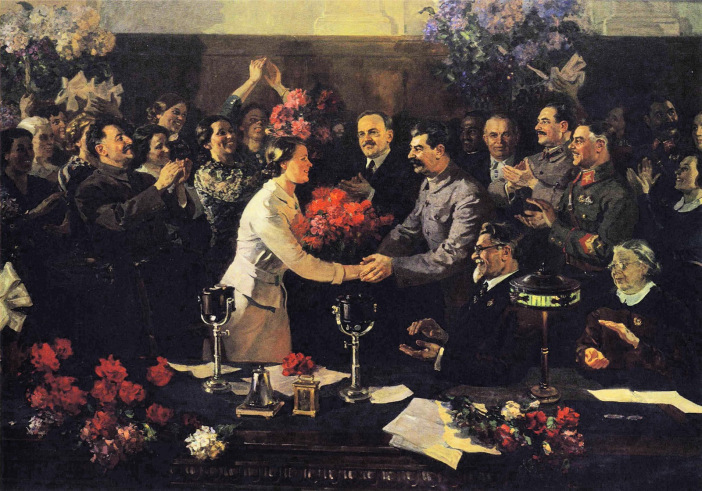
…what is our strategy and what are we meant to be supporting? (Southall 2015)
Meaningful action, for revolutionaries, is whatever increases the confidence, the autonomy, the initiative, the participation, the solidarity, the equalitarian tendencies and the self -activity of the masses and whatever assists in their demystification. Sterile and harmful action is whatever reinforces the passivity of the masses, their apathy, their cynicism, their differentiation through hierarchy, their alienation, their reliance on others to do things for them and the degree to which they can therefore be manipulated by others – even by those allegedly acting on their behalf. (Solidarity)[i]
What can we do? How can we collectively struggle to both improve our lives in the present and open up paths to a radically different society? Whilst there are varying kinds of ‘activism’ that are happening it is not always clear what their relationships to actually achieving anything are – so too the various models of social transformation that make up the ideological foundations of various groups, parties, scenes, sects and milieus are often very far removed from the world we live in now. Just because it seems more imperative than ever to do something doesn’t mean we know what to do. More fool us.
Most often activism (whatever that is!?!) in a town like Brisbane is made up of fairly ineffective cycles of rallies organised at dull meetings under the fluorescent lights of the TLC Building, campaigning for various political parties and NGOs and GetUp! style clicktivism that has taken on an increasingly slick and professionalised appearance. All often carried out by hard working comrades with good and sincere motivations. The historic defeat of the antiwar movement that proved that rallies that stay within the boundaries set by the state have no power and everybody knows it has not provoked a consequent rethinking of strategy or tactics. So too whilst we can take comfort that perhaps strikes, at least in certain industries, have the ability to directly hit the accumulation of capital, it is now almost twenty years since there has been an industrial dispute that has had a national impact. Strikes and unionisation are at historic lows. In the context of ecological meltdown, permanent war, the end of the mining boom and an increasingly authoritarian state and public culture it is not obvious that we have a clear strategy to address our concerns on a large or small scale. Also the strange composition of the Senate where populist outsiders have thwarted much of the government’s agenda means that we have been spared the need, on some issues, to confront this impasse.
It is with this in mind that a debate that is taking place in anticapitalist circles in the UK is of interest. Now we should avoid that habit of Australian radicalism to attempt to simply copy and apply approaches from overseas in a way that fails to be sensitive to the contexts they developed in and their differences from the contexts we live in. Yet there might be something to be gained from looking at On Social Strikes and Directional Demands by Keir Milburn from Plan C and the response to it written by Angry Workers of the World.
Continue reading “Dancing in the Dark: social strikes and directional demands, some comments on a debate.” →






